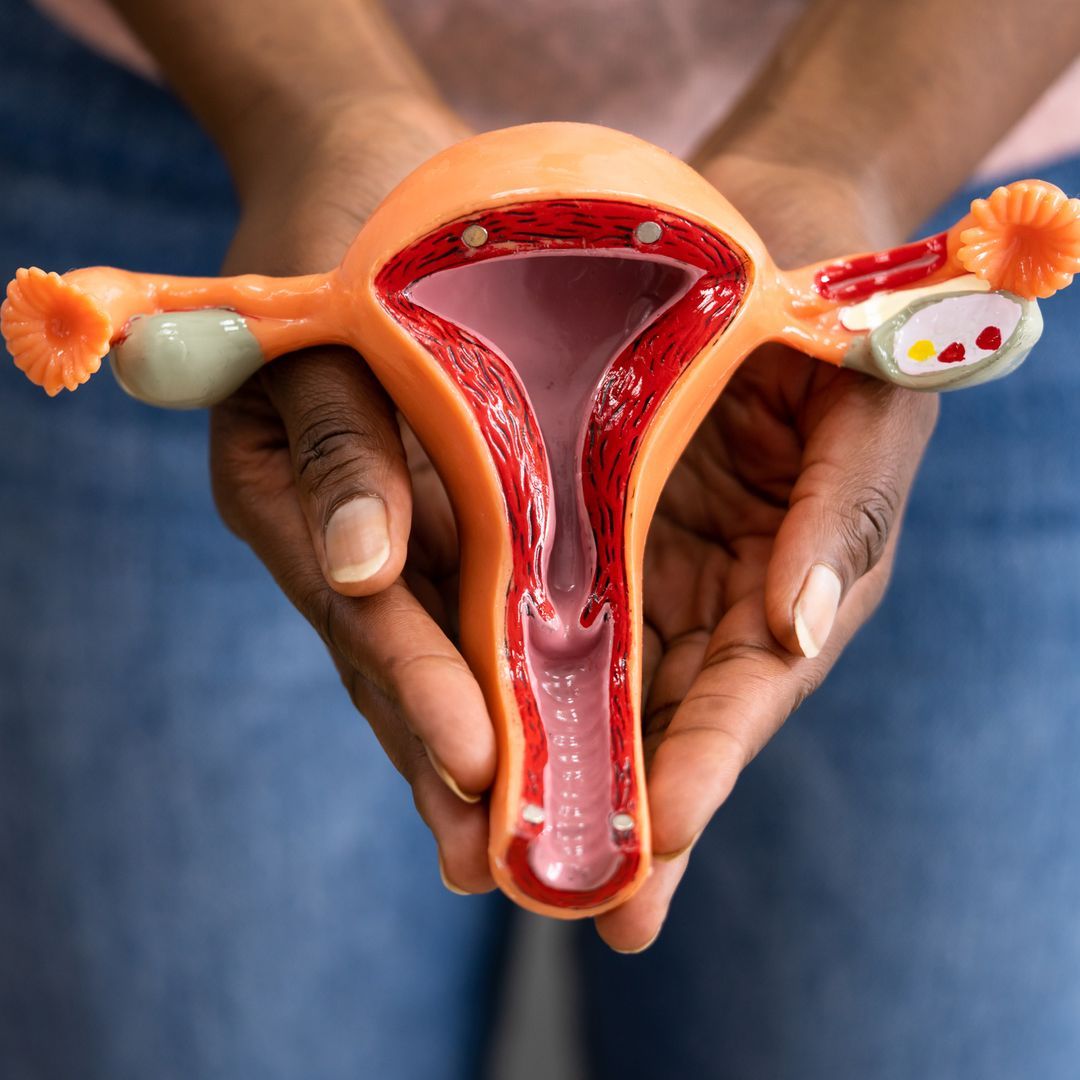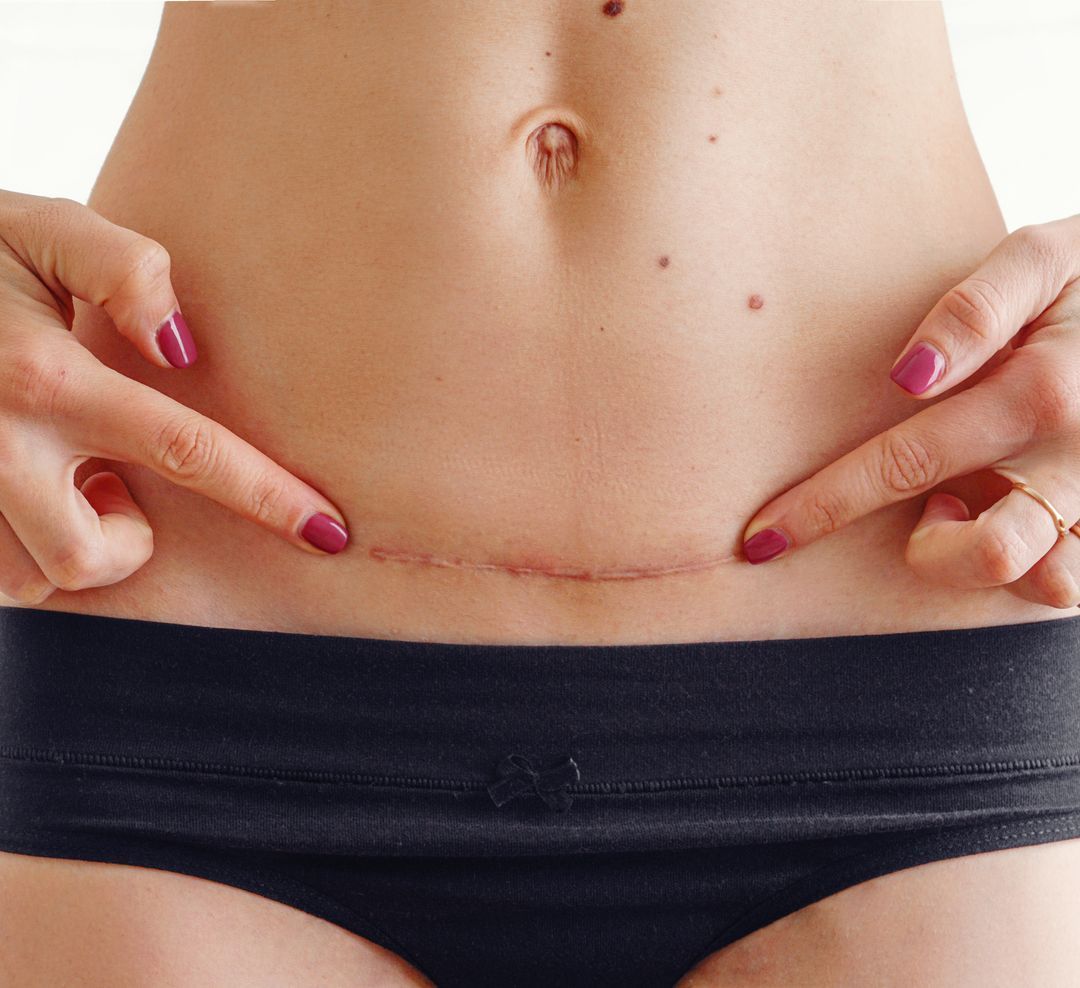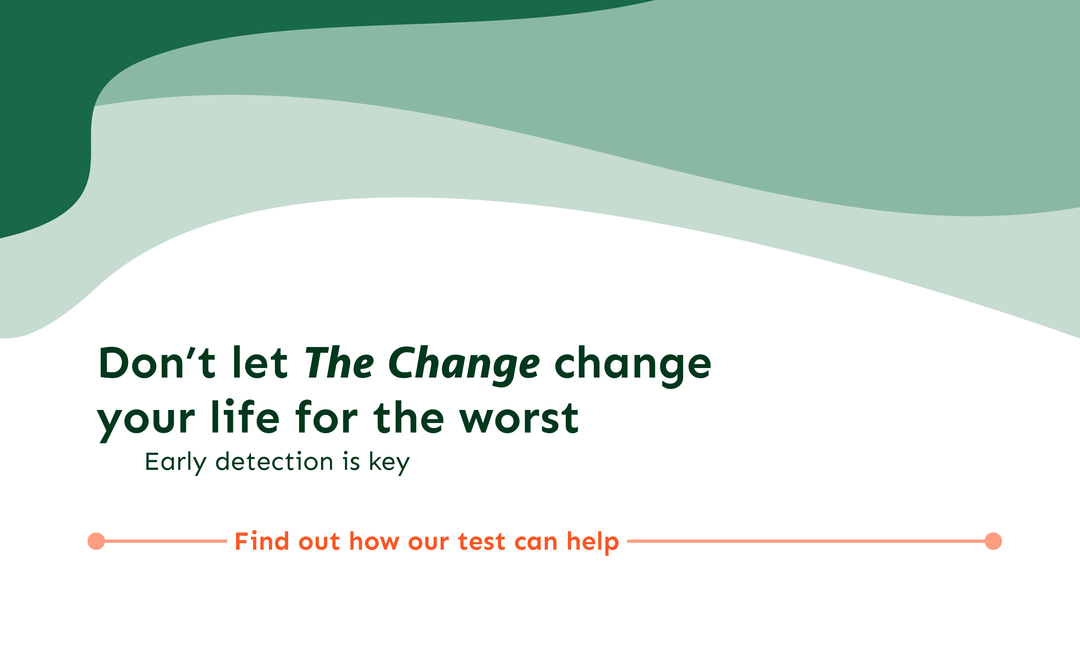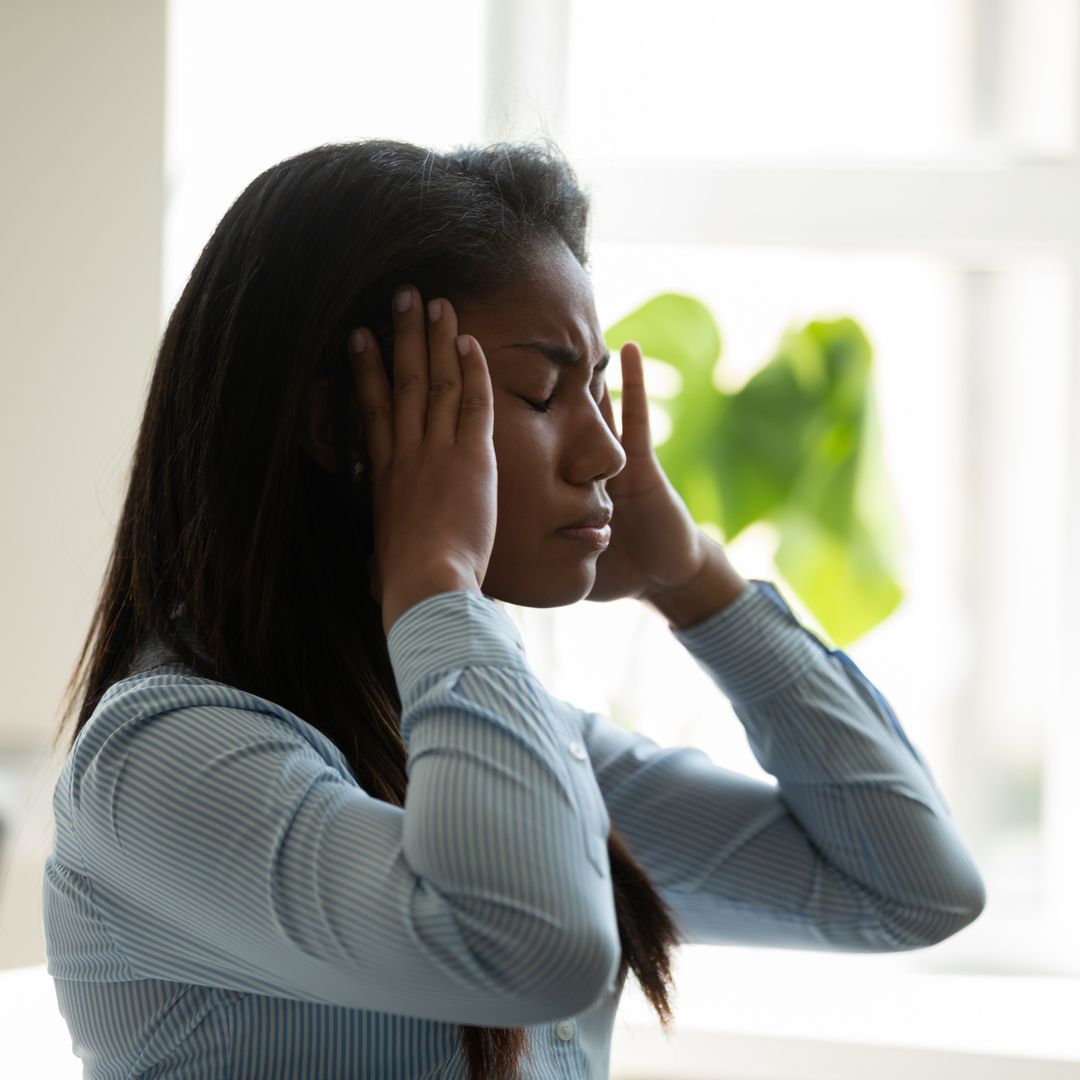Post Menopause: Symptoms, Signs & Treatments
Get insights on managing symptoms and risks in the postmenopausal stage. Empower yourself with the knowledge to navigate this phase of life!
Summary
The majority of women will enter menopause between the ages of 45 and 55. Menopause occurs when a woman's ovaries have run out of functioning eggs, and she has not had a period for 12 months in a row.
Some women will go through menopause at an earlier age for both natural and medical reasons. When it comes to the medical causes of menopause, it can be due to a hysterectomy, abdominal resection and pelvic exenteration. Some medical treatments can also bring on menopause due to the ovaries becoming damaged.
The menopause transition (also known as perimenopause) tends to last around seven years, but it can be as long as 14. The time between perimenopause and menopause can sometimes depend on lifestyle factors (such as smoking), race and ethnicity, and the age at which perimenopause starts.
You might think that all women start menopause in their 50s. When in fact, it can happen at any time and for many different reasons. Most women's menopause age will be between 45 and 55, but it can sometimes take place earlier. For example, one of the youngest women diagnosed with menopause in the UK was only 15, and this was a rare occurrence caused by an unfortunate case of premature ovarian failure.
Menopause can start for various reasons, but it happens naturally due to lower hormone levels. In addition, some women may experience menopause due to medical conditions (like the young 15-year-old), a required surgery that removes the ovaries or uterus, cancer treatments, or even genetic reasons.
This article will explore menopause, why it happens, when it starts, and the symptoms to look out for. Armed with the necessary knowledge, you can prepare yourself for entering the next phase of post-menstruation life.
Every woman who enters menopause before the age of 45 is in early menopause. It could mean that her ovaries stopped making hormones, or that she had a medical condition or a procedure. If your menopause starts even earlier (before the age of 40), it’s considered a premature menopause.

At birth, women have between 1 to 3 million eggs which are gradually lost throughout their lifetime. There are an average of around 400,000 eggs when you get your first period, and by the time you reach menopause, you’ll have less than 10,000 eggs.
Menopause naturally occurs when a woman's ovaries have run out of functioning eggs. Only a small number of eggs are lost through regular ovulation (the monthly cycle). Most eggs die through a process called follicular atresia.
During the first half of the menstrual cycle, a reproductive hormone called follicle-stimulating hormone (FSH) is responsible for growing the ovarian follicles (eggs). However, as menopause approaches, the remaining eggs become resistant to FSH, and the ovaries dramatically decrease oestrogen production.
The hormone oestrogen impacts many parts of the body – including the uterus, bones, breasts, heart, blood vessels, skin and brain. It is understood that this drop in oestrogen production is the cause of many symptoms associated with menopause.
Non-medical reasons for early menopause could be family history and smoking. Research shows that women who smoke reach menopause 2 years before non-smoking women do. Also, if you have a family history of early menopause, you have a higher chance of experiencing it.

Not all women will experience natural menopause. Menopause brought on due to medical causes can be a result of surgery or medical treatments. The symptoms of menopause can be more severe for women going through surgical or medical menopause than if they were to go through menopause naturally.
There are some instances when premenopausal women undergo surgical menopause due to their ovaries needing to be surgically removed. This can be due to ovarian cancer, cervical cancer and uterine cancer. However, the procedure is occasionally required for noncancerous conditions, like endometriosis, fibroids, or infections.
The surgical removal of the uterus (known as a hysterectomy) can sometimes, but not always, include a bilateral oophorectomy. A hysterectomy that does not remove ovaries will usually not result in menopause. Instead, the ovaries will often continue to function, although periods will stop once the uterus has been removed.
A couple of other common surgeries involving the removal of both ovaries include abdominal resection and total pelvic exenteration:
 When Does Menopause Usually Start?
When Does Menopause Usually Start?
When women experience natural menopause, it starts after 12 months of no periods. The time leading up to that point in time is called perimenopause or menopausal transition.
The menopausal transition tends to occur between 45 and 55 for most women. It is usually expected to last around seven years, but it can be as long as 14 years for some. The amount of time between perimenopause and menopause starts can depend on lifestyle factors (such as smoking, drinking, and diet), race and ethnicity, and the age at which it begins.
During perimenopause, the two hormones made by the ovaries (oestrogen and progesterone) vary hugely. As a result, this transitional stage can affect women in very different ways. For example, weight gain can be an issue as fat cells change. Women may also experience changes in their body shape, physical function, and even bone and heart health.

Before you officially enter menopause, you may notice some changes in the months or years leading up to this stage of life. Symptoms can vary from woman to woman, and lucky ones may even experience no symptoms at all.
Overall, there are 34 official symptoms of perimenopause. Here are the most common ones.
One of the classic signs that menopause is on its way is having irregular periods. They can be more or less frequent, lighter or heavier, and last longer or shorter than before perimenopause. This makes it rather hard to predict when or if your next period will come. It can also be harder to get pregnant during this stage, but it is still possible as long as you have periods.
Perhaps the most well well-known menopausal symptom is hot flushes. This can be incredibly disruptive to daily life as you can suddenly feel warm or hot for no apparent reason. Your skin can flush red, and your heart rate can start to speed up.
There can also be sudden drops in temperature, which can be just as uncomfortable. Night sweats are when these hot flushes happen when you sleep, and they can be so intense they cause you to wake up. Unfortunately, hot flushes can continue during postmenopause and can last from anything between 1 and 5 minutes.
Having problems sleeping can happen for many reasons, but if you do not typically have issues with waking up during the night or having difficulty falling asleep, it could be a sign you are approaching menopause. Unsurprisingly, it can be caused by symptoms like night sweats, but others may experience sleep issues for no apparent reason.
The alterations in hormones during perimenopause can hugely affect your mood. This can be particularly problematic for those who have suffered from anxiety or depression in the past and may experience more intense symptoms during menopause. It is important to feel good, and some treatment options are available to help support your moods through this transitional stage.
Having some minor memory lapses during middle age is common for both men and women. This is usually not a major symptom as it tends to be little problems like not being able to remember the name of a song or not being able to find your car keys. Forgetfulness can stem from menopause and the stress associated with entering a new phase of your life.
It is possible for some women to become less interested in sex or have problems becoming sexually aroused when they are in menopause. On the other hand, some find they enjoy sex more and feel freer as they no longer have concerns about becoming pregnant. Menopause can cause the skin around the vagina to become drier, which can make sex uncomfortable, but there are plenty of personal lubricants that can help.
When you are around the common menopause age range, you may notice some physical changes. These include your skin and hair becoming drier and thinner. Some women also find they carry more weight around their waist and lose muscle mass. Joints can also begin to become stiff and even become painful. It is important to look after your body and follow an active lifestyle so your body can continue to be strong and able.
There is no way to reverse menopause, however, you can take HRT to replace your missing hormones and relieve your symptoms.
The age for menopause is not the same for every woman, and you will likely not be able to pinpoint exactly when you will enter menopause. However, you can monitor symptoms and do your best to manage this period of transition.
A good way to do so is with the GlycanAge test. Our test looks at your glycans, biomolecules which can change years before any menopause symptoms appear, making them powerful predictive tools and offering a unique opportunity for early detection and intervention.
Your GlycanAge can tell you a lot about your body, health and overall well-being. Make the first step by taking our health quiz.
The menopause transition typically begins between the ages of 45 and 55. Perimenopause can last about seven years but can be as long as 14 years.
There are three phases of menopause: perimenopause (the time leading up to menopause), menopause (when you have gone for 12 months in a row of not having a period) and postmenopause (the time after menopause has occurred). Some women will find each stage brings a new set of symptoms to manage, while others may have very mild or no symptoms at all.
You can ask your healthcare provider for a blood or urine test to determine the levels of the follicle-stimulating hormone (FSH).
It is not possible to prevent menopause from happening – it is a natural part of a woman's life cycle. However, it is possible to manage symptoms and have a more enjoyable transition by following a healthy lifestyle. Many people monitor their biological age by taking GlycanAge tests to check they are on a positive wellness path as they age.
Some research shows that many women get happier in later life, particularly between the ages of 50 and 70. Several cultures celebrate menopause and see it as a time when women are free of the pain and inconvenience of menstruation. In addition, negative mood and depressive symptoms can hugely decrease across postmenopausal years.

Start or continue your GlycanAge journey
Don’t be afraid to reach out to us and ask questions, provide commentary or suggest topics.
Other articles you may like:
Get insights on managing symptoms and risks in the postmenopausal stage. Empower yourself with the knowledge to navigate this phase of life!
How to deal with hot flashes? Keep reading to discover handy hot flash remedies and effective treatments for hot flashes.